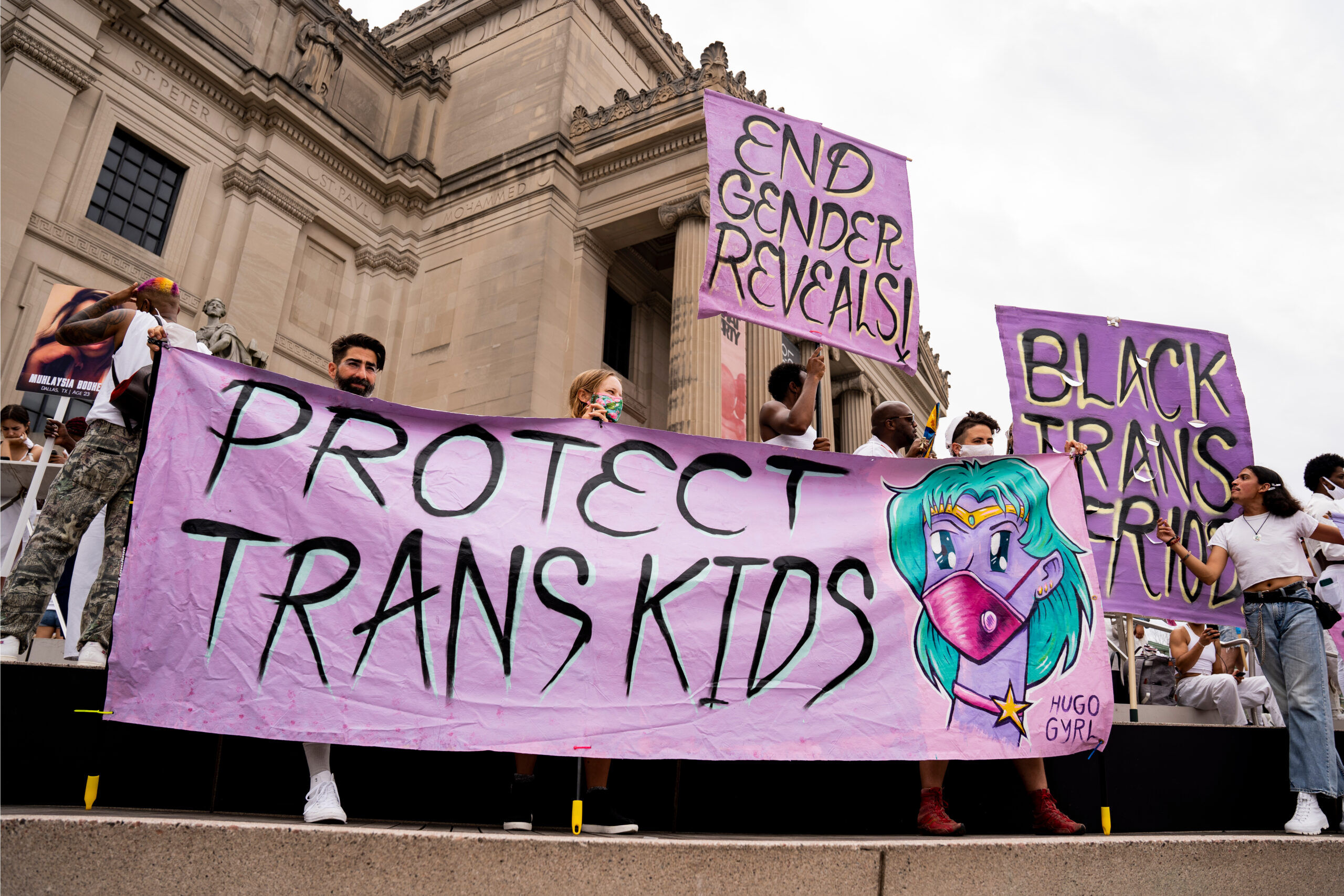This past March, three families sued the Florida state over its gender-affirming care ban for minors. Now a federal judge has ruled in their favor, temporarily blocking parts of the law. While the injunction applies only to the families involved in the suit, the ruling has serious implications for the prospect of striking down the law altogether.
“Gender identity is real,” said Judge Robert L Hinkle of Tallahassee’s Federal District Court. “Florida has adopted a statute and rules that prohibit these treatments even when medically appropriate.”
“There are risks attendant to not using these treatments,” he added, “including the risk — in some instances, the near certainty — of anxiety and depression and even suicidal ideation. The challenged statute ignores the benefits that many patients realize from these treatments and the substantial risk posed by foregoing the treatments.”
Related:
A Disney Movie Just Proved That Florida’s “Don’t Say Gay” Law Works Just As Intended
Down in Florida, they’ve been working on anti-LGBTQ+ legislation so hard that it’s becoming their biggest export. And it’s working.
In addition to pointing out that the medication in question will “affect the patients themselves, nobody else, and will cause the defendants no harm,” Judge Hinkle concluded optimistically that the families involved are “likely to prevail on their claim that the prohibition is unconstitutional.”
The families originally filed their suit against the policies enacted by the Florida Board of Medicine (which consists of Gov DeSantis appointees), but when the ban was codified in May, the suit was expanded to take on the new state law. With the injunction in place, the family’s legal challenge will now proceed to higher courts.
In addition to banning treatment like hormone therapy and puberty blockers for minors, the law classifies the provision of such care as child abuse and outlines criminal penalties to doctors who violate it, including five-year prison sentences. The law also makes it difficult for trans adults to access care, adding additional bureaucracy and restrictions. This includes placing limitations on telemedicine and requiring an in-person doctor’s prescription, leading clinics who rely on nurses to stop offering gender-affirming care.
While the scope of the lawsuit did not apply to these other aspects, the families’ legal representation are hopeful that this ruling creates a pathway to fully overturning the law. “The court addressed the specific question in front of it, but also issued a very strong ruling that says the bans are unlikely to survive constitutional scrutiny,” said Jennifer Levi, the senior director of transgender rights at GLBTQ Legal Advocates & Defenders.
She added, “The power of the ruling is to make clear that the law is unconstitutional.”
Don't forget to share:
Help make sure LGBTQ+ stories are being told...
We can't rely on mainstream media to tell our stories. That's why we don't lock our articles behind a paywall. Will you support our mission with a contribution today?
Cancel anytime · Proudly LGBTQ+ owned and operated
Read More in Culture
The Latest on INTO
Subscribe to get a twice-weekly dose of queer news, updates, and insights from the INTO team.
in Your Inbox














